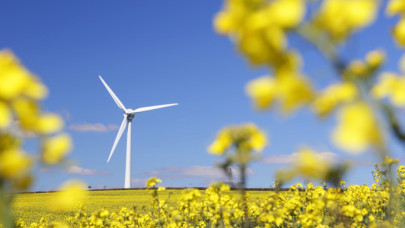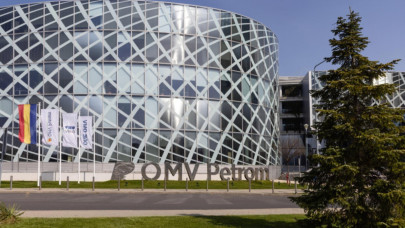Outlined in its inaugural sustainability report, Eurostar's strategy centers on three key areas:
Reducing Environmental Impact: Eurostar plans to minimize its carbon footprint by transitioning to renewable energy sources for its traction needs and implementing energy-saving measures. Notably, a partnership with Infrabel, initiated in February 2024, explores the possibility of utilizing innovative solar projects to fuel trains.
Promoting Circularity: The company is committed to integrating circular practices across its value chain to minimize waste and optimize resource utilization. This includes adopting sustainable sourcing practices for on-board amenities, resulting in recognition such as a three-star rating from the Food Made Good Awards for its catering service.
Expanding Low-Carbon Travel Options: Eurostar aims to attract more passengers to its environmentally friendly services by enhancing connectivity through initiatives like "open hubs" that link Eurostar services to domestic networks and long-haul flights, as demonstrated by its air-rail partnership with KLM.
Central to Eurostar's vision is the aspiration to power its trains entirely with renewable energy by 2030. Eurostar CEO Gwendoline Cazenave emphasizes the company's determination to drive industry-wide change, collaborating with partners and advocating for regulatory support to expedite the transition to renewable energy.
Eurostar has joined the RE100 alliance, becoming the first rail company to do so, aligning with over 400 other companies committed to sourcing 100% renewable energy. This move underscores Eurostar's global leadership and commitment to sustainable practices.
Already, Eurostar has made significant strides in this direction. In the Netherlands, its trains have been running on 100% wind power since 2017, while in the UK, renewable energy accounts for 40% of its power since 2023. Further efforts, such as exploring solar projects in Belgium, underscore Eurostar's commitment to its sustainability objectives.
Eurostar acknowledges its responsibility to minimize environmental impact while accommodating passenger growth, aiming to become the backbone of sustainable travel in Europe. With a target of 30 million passengers by 2030, Eurostar remains dedicated to reducing emissions and advancing eco-friendly transportation options on an international scale.












